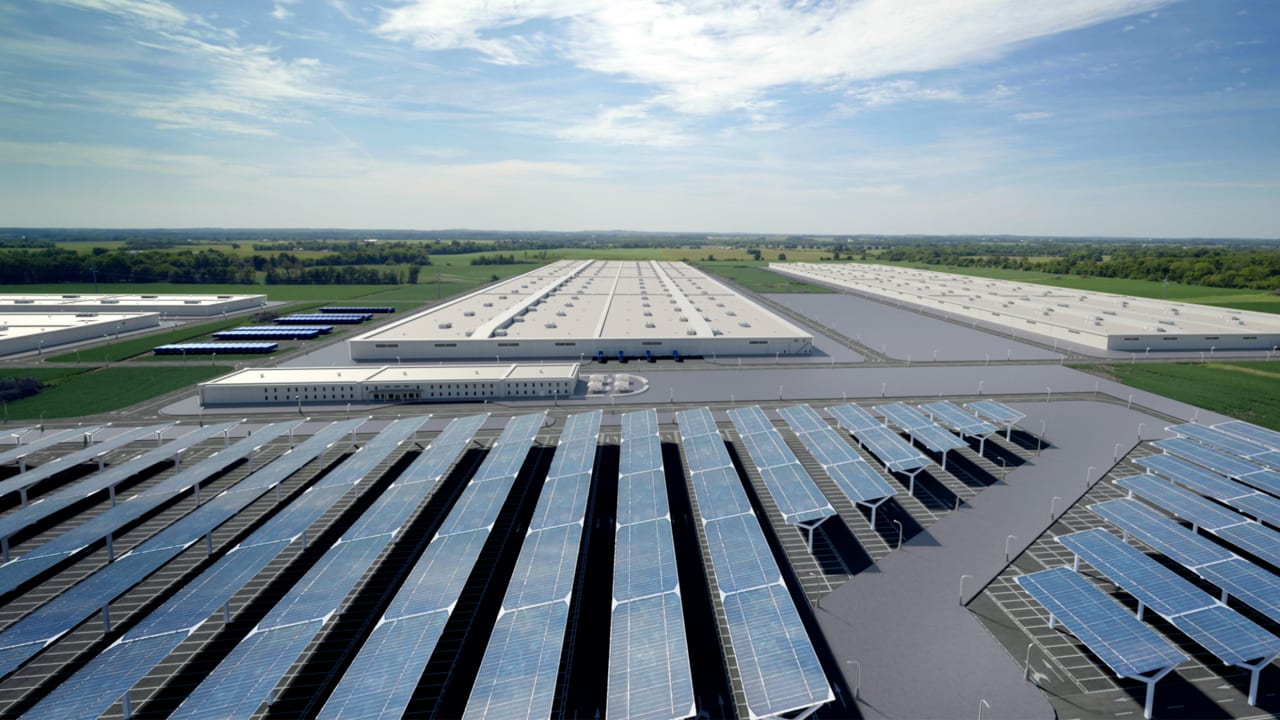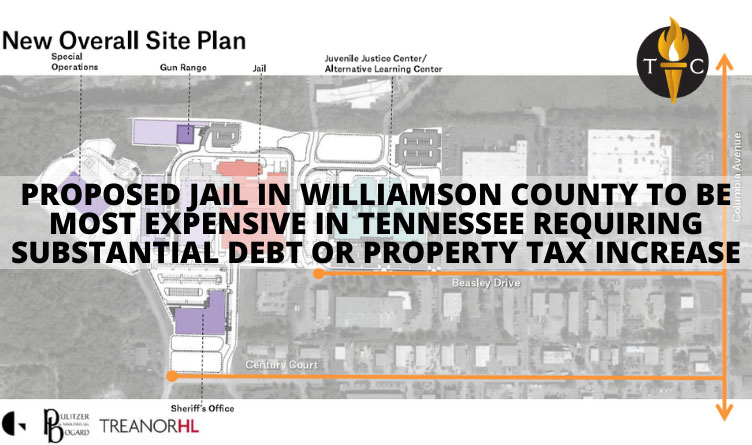BYD's EV Battery Manufacturing Leadership: A Case Study Addendum

Table of Contents
Technological Advancements in BYD's EV Battery Production
BYD's leading position in EV battery manufacturing is largely attributed to its continuous innovation in battery technology. This section will highlight some of the key advancements that have propelled BYD to the forefront of the industry.
Blade Battery Technology
BYD's Blade Battery represents a significant leap forward in battery design. This innovative technology replaces traditional cylindrical or prismatic cells with blade-shaped cells, resulting in several key improvements.
- Improved Space Utilization: The unique blade design allows for a higher packing density, maximizing energy storage within the battery pack. This leads to increased range for EVs without significantly increasing the size or weight of the battery.
- Enhanced Safety Features: Blade Batteries exhibit significantly improved safety characteristics compared to traditional lithium-ion batteries. The reduced risk of thermal runaway, a major concern with conventional batteries, is a crucial advantage. This improved safety is achieved through the battery's unique structure and materials.
- Higher Energy Density: Blade Batteries boast a higher energy density than many competing technologies. While precise figures vary depending on the specific battery pack configuration, the increased energy density translates directly to extended driving range for electric vehicles. This is a critical factor in consumer acceptance of EVs.
The impact of Blade Battery technology extends beyond increased range. Improved space utilization allows for more efficient vehicle design, potentially leading to larger cabins or increased cargo space in electric vehicles. The enhanced safety also contributes to consumer confidence in the technology.
Lithium Iron Phosphate (LFP) Battery Dominance
BYD's strong commitment to Lithium Iron Phosphate (LFP) battery chemistry is another key element of its success. LFP batteries offer several compelling advantages over other battery chemistries like Nickel Manganese Cobalt (NMC):
- Lower Cost of Raw Materials: LFP batteries utilize less expensive and more readily available raw materials compared to NMC batteries, significantly reducing manufacturing costs.
- Improved Thermal Stability: LFP batteries possess inherently higher thermal stability, reducing the risk of thermal runaway and enhancing overall safety. This is a major advantage over other battery chemistries known for their thermal instability.
- Longer Lifespan: LFP batteries generally exhibit a longer cycle life than other battery types, meaning they can withstand more charge-discharge cycles before significant capacity degradation. This translates to longer vehicle lifespans and reduced battery replacement costs.
- Sustainable Sourcing of Materials: BYD is actively involved in developing sustainable sourcing practices for the raw materials used in its LFP batteries, minimizing the environmental impact of its operations.
The environmental advantages of LFP batteries are substantial, contributing to a reduced carbon footprint compared to EVs using other battery chemistries. The lower cost also makes EVs equipped with LFP batteries more accessible to a wider range of consumers.
Continuous Innovation and R&D
BYD's ongoing investment in research and development is crucial to its continued leadership in EV battery manufacturing. The company consistently invests substantial resources in exploring next-generation battery technologies:
- Investment in R&D: BYD dedicates a significant portion of its revenue to R&D, consistently pushing the boundaries of battery technology.
- Partnerships with Universities and Research Institutions: Collaboration with leading research institutions fosters innovation and accelerates the development of new battery technologies.
- Focus on Improving Battery Life, Charging Speed, and Energy Density: These key performance indicators are central to BYD's R&D efforts, continually striving for better battery performance.
BYD is actively exploring solid-state batteries and other advanced battery technologies, indicating a strong commitment to future innovation and leadership in the EV battery sector. This commitment ensures that BYD remains at the cutting edge of battery technology.
Strategic Partnerships and Global Expansion of BYD's EV Battery Manufacturing
BYD's success is not solely attributable to technological advancements. Strategic partnerships and global expansion play a vital role in its market dominance.
Vertical Integration and Supply Chain Control
BYD's vertically integrated approach to battery production offers several key advantages:
- Secure Supply of Raw Materials: Controlling its supply chain mitigates risks associated with raw material shortages and price volatility.
- Reduced Dependence on External Suppliers: Vertical integration reduces reliance on external suppliers, contributing to greater operational efficiency and control.
- Cost Optimization: By managing the entire process, BYD can optimize costs and achieve economies of scale.
- Potential for Faster Innovation: Close control over the supply chain allows for faster implementation of new technologies and materials.
However, vertical integration also presents potential risks. Over-reliance on internal resources could hinder flexibility and responsiveness to changes in market demand. Maintaining a robust supply chain across multiple geographical locations also presents a logistical challenge.
Global Manufacturing Footprint and Expansion
BYD has established a significant global manufacturing footprint to support its growing demand:
- Key Geographic Locations: BYD has manufacturing facilities in China, but is also expanding into other regions such as Europe and North America.
- Significant Partnerships and Joint Ventures: These strategic collaborations enable BYD to access new markets and leverage local expertise.
This global presence allows BYD to serve customers worldwide and reduce transportation costs and lead times.
Collaboration with Automakers
BYD actively collaborates with various automakers, supplying them with batteries or engaging in joint vehicle development projects:
- Major Automakers: While specific partnerships can vary, BYD supplies batteries to several major automakers globally.
- Benefits of Such Partnerships: These collaborations offer access to new markets and shared expertise, accelerating the adoption of electric vehicles.
These partnerships solidify BYD's position within the global automotive industry and highlight the trust placed in its battery technology and manufacturing capabilities.
The Impact of BYD's EV Battery Manufacturing on the Global EV Industry
BYD's influence on the global EV industry is substantial and multifaceted.
Market Share and Competition
BYD's growing market share in the EV battery sector is significantly impacting competitors:
- Market Share Data: BYD consistently ranks among the top EV battery manufacturers globally.
- Competitive Analysis: BYD's competitive advantages stem from its cost-effective manufacturing, technological advancements, and vertically integrated supply chain.
This increasing market share indicates a shift in the industry's dynamics, forcing competitors to innovate and adapt.
Price and Accessibility of EVs
BYD's cost-effective battery production plays a crucial role in making electric vehicles more accessible:
- Impact on EV Prices: The lower cost of LFP batteries directly translates to lower EV prices.
- Increased Affordability: This affordability is instrumental in driving wider adoption of electric vehicles.
- Accessibility in Emerging Markets: Cost-effective EVs are vital for making sustainable transportation a reality in emerging markets.
This impact is significant in accelerating the global transition to electric mobility.
Sustainability and Environmental Impact
BYD's commitment to sustainability is an integral part of its business strategy:
- Reduced Carbon Footprint: The use of LFP batteries and sustainable manufacturing practices contributes to a smaller environmental impact.
- Sustainable Sourcing of Materials: BYD is actively working towards responsible sourcing of raw materials.
- Responsible Waste Management: Efficient waste management strategies help minimize environmental impact.
BYD's approach to sustainable manufacturing showcases the potential for environmentally responsible practices within the EV industry.
Conclusion
BYD's leadership in EV battery manufacturing is a direct result of its strategic focus on technological innovation, vertical integration, and global expansion. The company's innovative Blade Battery technology and its dominance in LFP batteries are reshaping the EV landscape, making electric vehicles more affordable and accessible worldwide. Its commitment to sustainability further solidifies its position as a key player in the future of the automotive industry. To learn more about the advancements in BYD EV battery manufacturing and its impact on the global EV market, further research into the company's ongoing projects and future strategies is recommended. Understanding BYD's approach to BYD EV battery manufacturing is crucial for anyone interested in the future of sustainable transportation.

Featured Posts
-
 Ver Ac Milan Vs Atalanta El Partido De Gimenez En La Serie A
May 13, 2025
Ver Ac Milan Vs Atalanta El Partido De Gimenez En La Serie A
May 13, 2025 -
 Devon Sawa Hints At Final Destination 25th Anniversary Return
May 13, 2025
Devon Sawa Hints At Final Destination 25th Anniversary Return
May 13, 2025 -
 All 5 Upcoming Leonardo Di Caprio Movies Explained
May 13, 2025
All 5 Upcoming Leonardo Di Caprio Movies Explained
May 13, 2025 -
 Johansson A Marvelben A Kult Statuszu Szerep Visszaterese
May 13, 2025
Johansson A Marvelben A Kult Statuszu Szerep Visszaterese
May 13, 2025 -
 Kim Kardashian And Tory Lanez Examining The Swimsuit Campaign Backlash
May 13, 2025
Kim Kardashian And Tory Lanez Examining The Swimsuit Campaign Backlash
May 13, 2025
Latest Posts
-
 Increased Scrutiny On Pharmaceutical Middlemen Republican Budget Bill Action
May 13, 2025
Increased Scrutiny On Pharmaceutical Middlemen Republican Budget Bill Action
May 13, 2025 -
 Philippine Midterm Elections 202 X Dutertes Impact And Marcoss Losses
May 13, 2025
Philippine Midterm Elections 202 X Dutertes Impact And Marcoss Losses
May 13, 2025 -
 Analysis The Impact Of Proposed Endowment Tax On Harvard And Yale
May 13, 2025
Analysis The Impact Of Proposed Endowment Tax On Harvard And Yale
May 13, 2025 -
 Unexpected Turn Duterte Forces Achieve Significant Wins In Philippine Midterm Elections
May 13, 2025
Unexpected Turn Duterte Forces Achieve Significant Wins In Philippine Midterm Elections
May 13, 2025 -
 Proposed Legislation Substantial Tax Increase On Harvard And Yale Endowments
May 13, 2025
Proposed Legislation Substantial Tax Increase On Harvard And Yale Endowments
May 13, 2025
